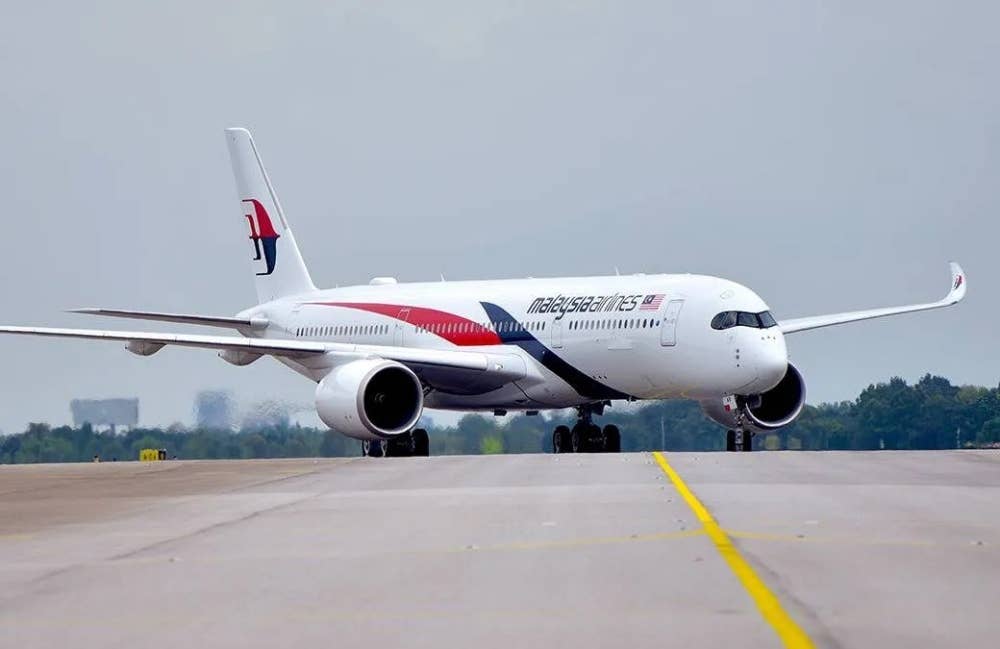Carbon Levy Move: A step towards sustainability or a blow to air travel?
Carbon levy introduction may initially strain airline finances due to passenger backlash against higher ticket prices but as Sustainable Aviation Fuel production increases, its price was projected to decrease to levels comparable to conventional fuel, potentially restoring airline financial stability.

SHAH ALAM - The newly introduced carbon levy by the Transport Ministry may need to be reconsidered as an aviation analyst argued that it will unlikely yield any noticeable benefits, both environmentally and money-wise, while another expert stated that this move was for the long-run bringing the country on its sustainable route.
Aviation consultancy Endau Analytics founder and analyst Shukor Yusof said there would not be any visible benefit from the implementation of this new tax, known as the carbon levy.
He said the imposed amount was inadequate to substantially decrease carbon emissions in Malaysia, making it ineffective.
He added that the tax, which the government has left it to the airlines to decide whether to implement it or not, may increase airfare prices.
“The introduction of carbon levies on airfares could indeed have significant economic ramifications, particularly regarding passenger demand for air travel.
“With the inevitable increase in airfares, there is a concern that this may deter individuals from opting for domestic air travel.
“In such a scenario, low-cost airlines are likely to be disproportionately affected by the rise in operational costs,” he said.
Shukor also said that while many airlines have embraced sustainability initiatives, the need to scale up the consumption of sustainable aviation fuel, which was significantly more expensive than standard jet fuel, adds to their operational costs.
“However, it is worth noting that the weakening Malaysian Ringgit poses an even greater threat to airlines' financial stability compared to the impact of carbon levies.
“The majority of airlines strive to be transparent within the limitations of their operations.
“However, passengers in Malaysia generally show little concern about carbon reduction efforts or the transparency surrounding them,” he said.
In contrast, Universiti Kuala Lumpur Aviation Search and Rescue Head Associate Professor Dr Mohd Harridon Mohamed Suffian offered his opposing insights stating that the carbon levy would bring various benefits to Malaysia more specifically bringing the country on its sustainable route.
“Introducing a carbon levy would bring various benefits to the country, including reducing carbon emissions from aircraft by funding Sustainable Aviation Fuel (SAF) acquisition. SAF, unlike conventional aviation fuel, is environmentally friendly.
“Developing SAF involves technological advancements, human resources, and centralised plant development, creating a lucrative USD 16.8 billion industry as pointed out by an economic research organisation," he said.
Harridon said this move would generate job opportunities, boost the economy, and facilitate technology transfer, making it more beneficial to produce SAF domestically rather than importing it.
However, he stated that airlines typically pass the carbon levy cost to passengers, contributing to increased travel expenses. The levy varies based on flight distance, leading to higher costs for longer trips.
“Although initially met with resistance, similar measures have been accepted in European countries over time. While there may be short-term demand fluctuations, historical data indicates eventual acceptance and gradual ticket sales growth," he said.
Harridon admitted that the carbon levy introduction may initially strain airline finances due to passenger backlash against higher ticket prices but as SAF production increases, its price was projected to decrease to levels comparable to conventional fuel, potentially restoring airline financial stability.
“Government incentives, like tax breaks and subsidies, could aid airlines during this transition, mirroring approaches seen in European countries,” he said.
Harridon emphasised that airlines must prioritise transparency regarding the portion of fares allocated to the carbon levy to avoid confusion among consumers, who may be puzzled by sudden fare increases.
“This transparency builds trust, enhancing the perceived value of the airline's products and services.
“Establishing this trust ensures customer loyalty, encouraging repeat business and fostering a lasting relationship between passengers and the airline brand,” he added.
Last week, Transport Minister Anthony Loke announced that airlines can commence charging the carbon levy once the amendments to the Malaysian Aviation Commission (Code of Conduct) Regulations 2018 are finalised by the Malaysian Aviation Commission (Mavcom) in April.
Loke clarified that the carbon levy was not collected by the government but by airlines to counterbalance carbon emissions.
He had said some airlines would use the fee to acquire sustainable aviation fuel, while others would opt to pay for carbon credits to offset their carbon emissions.
Loke also stressed the necessity for a transparent mechanism to demonstrate how airlines utilise the levy.











